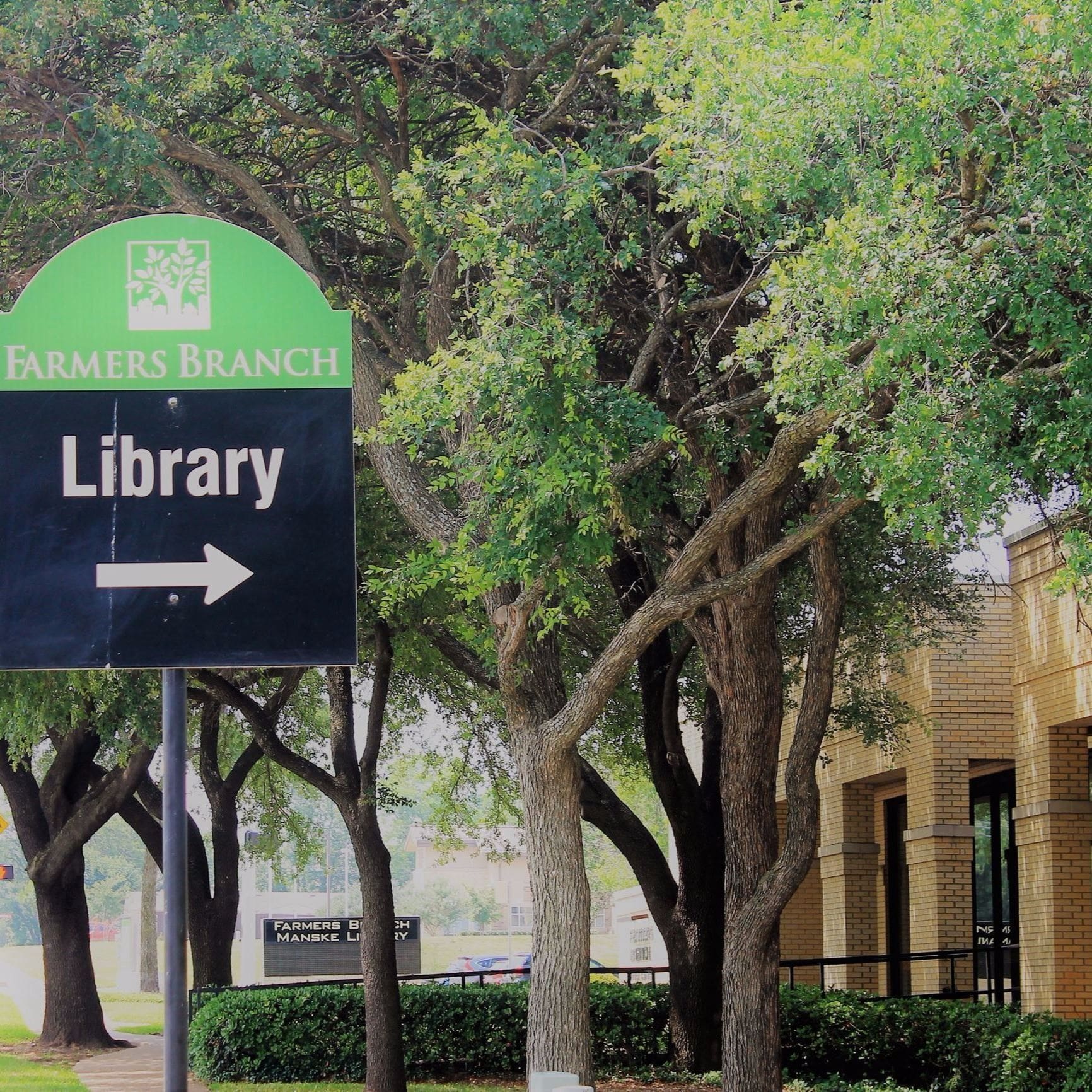Local citizens notched a win for government accountability after successfully petitioning their North Texas city to get approval from voters before issuing millions in new taxpayer-supported debt.
On July 28, the Farmers Branch City Council tentatively approved a plan to renovate the city’s Manske Library using money raised by issuing $10 million in certificates of obligation—debt that would have to be repaid with local property taxes.
City voters rejected last May’s $24 million bond proposal to build a new library, by a 2-1 margin. A number of citizens spoke against council’s new plan to bypass voters in order to finance the renovation project.
Unlike bonds, certificates of obligation don’t require voter approval—unless citizens submit a protest petition signed by at least 5 percent of the locality’s registered voters.
But local governments only have to give citizens 45 days’ notice, and Farmers Branch council members had set a date of September 15 for their final vote on the debt.
Farmers Branch residents sprang into action, preparing a citizen petition and recruiting over 20 volunteers to help gather signatures. In just six weeks, they got over 1,000 voters from across the city to sign the petition—more than enough to put the city’s spending plan on the ballot.
“Many of those that signed the petition said they would vote for the renovation; they wanted their right to have the choice,” said Nic Rady, a local resident and city council candidate who helped organize the petition drive:
“We had people sign that were Republicans, Democrats, pro-issue, anti-issue, and somewhere in between. The issue was not the debt, but that it was being issued without a public vote. COs should only be used in emergencies. This was a clear message to our council that they should be used that way only.”
“The council did this same thing in the past to build a new aquatic center that was turned down by voter approval,” Rady added. “We cannot have cities doing this.”
How did citizens do it?
After researching the state’s Local Government Code on certificates of obligation and finding the rules for petitioning to require a public vote on the debt, Rady set about creating a petition form, getting registered voter information, and recruiting volunteers to collect signatures.
He said neither the Texas Secretary of State’s office or the Farmers Branch city manager’s office would supply or give an approval of a form, so he created one that included the necessary information.
“Because this type of petition has a very short window to complete, and because it has to be verified, I tried to simplify things for the city secretary who is the sole person to certify it,” Rady told Texas Scorecard.
He recruited some of the people who had attended the council meeting to go door-to-door in their community and obtain petition signatures, and as the word spread, more volunteers joined in to get the job done—in the middle of a pandemic and the Texas summer heat.
Extra signatures were collected in case some were disqualified (they were) or the number of registered voters increased (it did).
Rady then verified that all information was correct for each signer before turning in the completed petition to the city secretary, who certified it the same day.
It took hundreds of hours and there were a few missteps along the way, but Rady said the petition drive was a success because at the end of the day, the people’s voices were heard.
City council was set to approve the certificates of obligation at their meeting on Tuesday, but the citizens’ petition put a stop to that plan.
What happens next?
After the petition was certified on Monday, Farmers Branch City Manager Charles Cox recommended in an email to the council that they not put the debt to a public vote, because the library project had been voted down three times in 11 years. Instead, Cox suggested the city pull $2.5 million from its general fund for basic updates or make the improvements on a pay-as-you-go basis.
Rady said the library is the oldest building in the city, and most of the community agrees it needs renovations.
“Mostly, people complained that they were asking for money before they knew what they were going to do,” he said. “There was no plan of action other than to create a plan.”
The correct way to issue debt for a project like this, he added, is for council to make a plan based on citizen input, then put it on the ballot. Failing that, citizens can always petition their local representatives to do the right thing.





